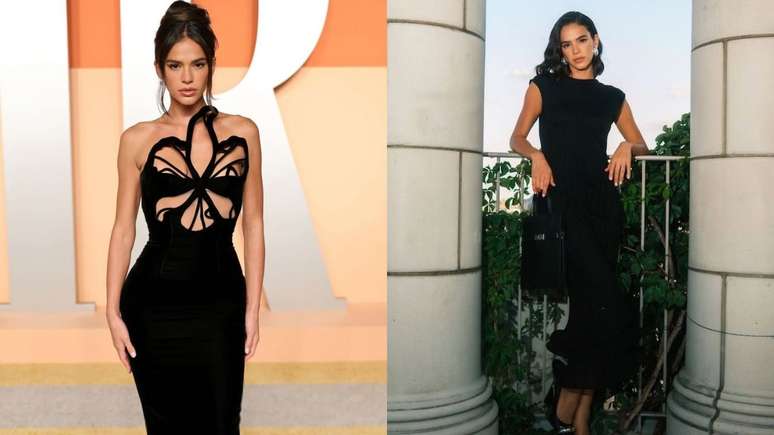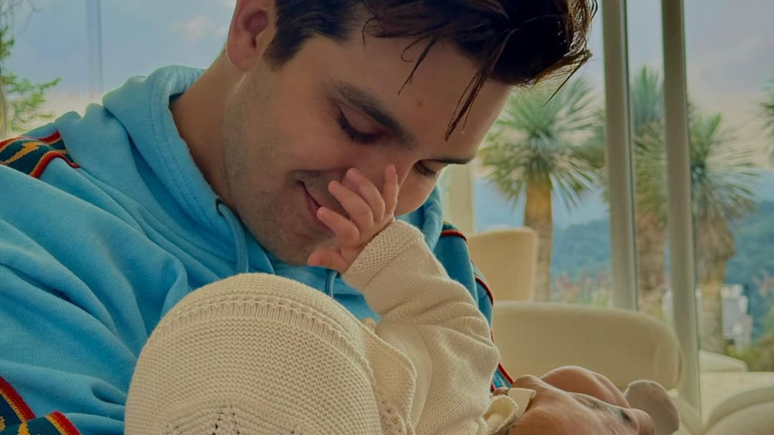The actress had asked the court to order Fontenelle to remove the statements made about her on YouTube from the air.

Judge Flávia Viveiro de Castro, of the 2nd Civil Court of Barra da Tijuca, Rio de Janeiro, denied an injunction for the actress Klara Castanho against the Bolsonarian youtuber Antonia Fontenelle, according to editorialist Ancelmo Gois, of The globe. The actress had asked the court to order Fontenelle to remove the statements made about her on YouTube last June 24, when the youtuber had complained that the young woman had given up for adoption a newborn, the result of sexual violence.
The magistrate removed the secret of justice from the trial and concluded that determining the withdrawal of Fontenelle’s statements would be “a kind of censorship”. The action now continues with the claim for damages.
Look at an extract of the judge’s decision, published in the column of Alcelmo Gois:
‘The facts reported in the present case are in the public domain. Also with regard to the statements published by the defendant, who, according to what was seen on YouTube to decide on the injunction, at first did not reveal the name of the author in the criticisms of her. In this way the secret of justice is not justified. It is a claim that aims to hold the accused accountable for his statements and her posts. The facts, the comments on the facts, the posts are all on social networks. A speech cannot be censored, although we disagree with it, but this does not exempt anyone who publishes and issues an offensive opinion, or who spreads hate speech, produced by evidence and proven facts, from being deemed responsible for what he revealed ”.
Klara had the right to secrecy on the renunciation for adoption
In an open letter, Klara revealed that she had discovered the pregnancy at an advanced stage and that she had decided to have the child even with the right to rape guaranteed by law. Subsequently she opted for the voluntary delivery of the child for adoption, another right provided for by the Constitution.
According to the Statute of Childhood and Adolescence (ECA), “the pregnant woman or mother who expresses an interest in giving her child up for adoption, before or shortly after birth, will be referred to justice for childhood and youth. “. Secrecy in the process is a right of the pregnant woman and also of the child.
Klara Castanho had no intention of making the intimate situation public. However, a nurse from the hospital where she gave birth passed the information on to reporter Leo Dias, who told Antonia Fontenelle.
During a live broadcast, the influencer unveiled the case. She didn’t mention Klara’s name, but she did provide all the clues that led to the actress. Later, Leo Dias published an article detailing the case, including the child’s place, date and weight. The report was removed from the air after the negative repercussions of the case.
After being criticized, in another live on Instagram, Fontenelle returned to mock the attacks she said she suffered for exposing Klara’s case. “Orchestrated attacks. I spent the night with the people who called me,” she said, who, in a mocking tone, reported that people’s reactions did not affect her business.
“I am proud of myself. I sell more perfume, more gloss, like I have never sold before. I am full of Brazilians out there asking for glasses. The name of this is respect and credibility,” she said, which at no time did she show. regret having exposed the situation of the actress.
Source: Terra
Camila Luna is a writer at Gossipify, where she covers the latest movies and television series. With a passion for all things entertainment, Camila brings her unique perspective to her writing and offers readers an inside look at the industry. Camila is a graduate from the University of California, Los Angeles (UCLA) with a degree in English and is also a avid movie watcher.




![Such a wonderful sun in advance: August 13, 2025, Summary of Wednesday Episode [SPOILERS] Such a wonderful sun in advance: August 13, 2025, Summary of Wednesday Episode [SPOILERS]](https://fr.web.img3.acsta.net/img/0e/66/0e66cd7c43df61060be104979eb3e539.jpg)


